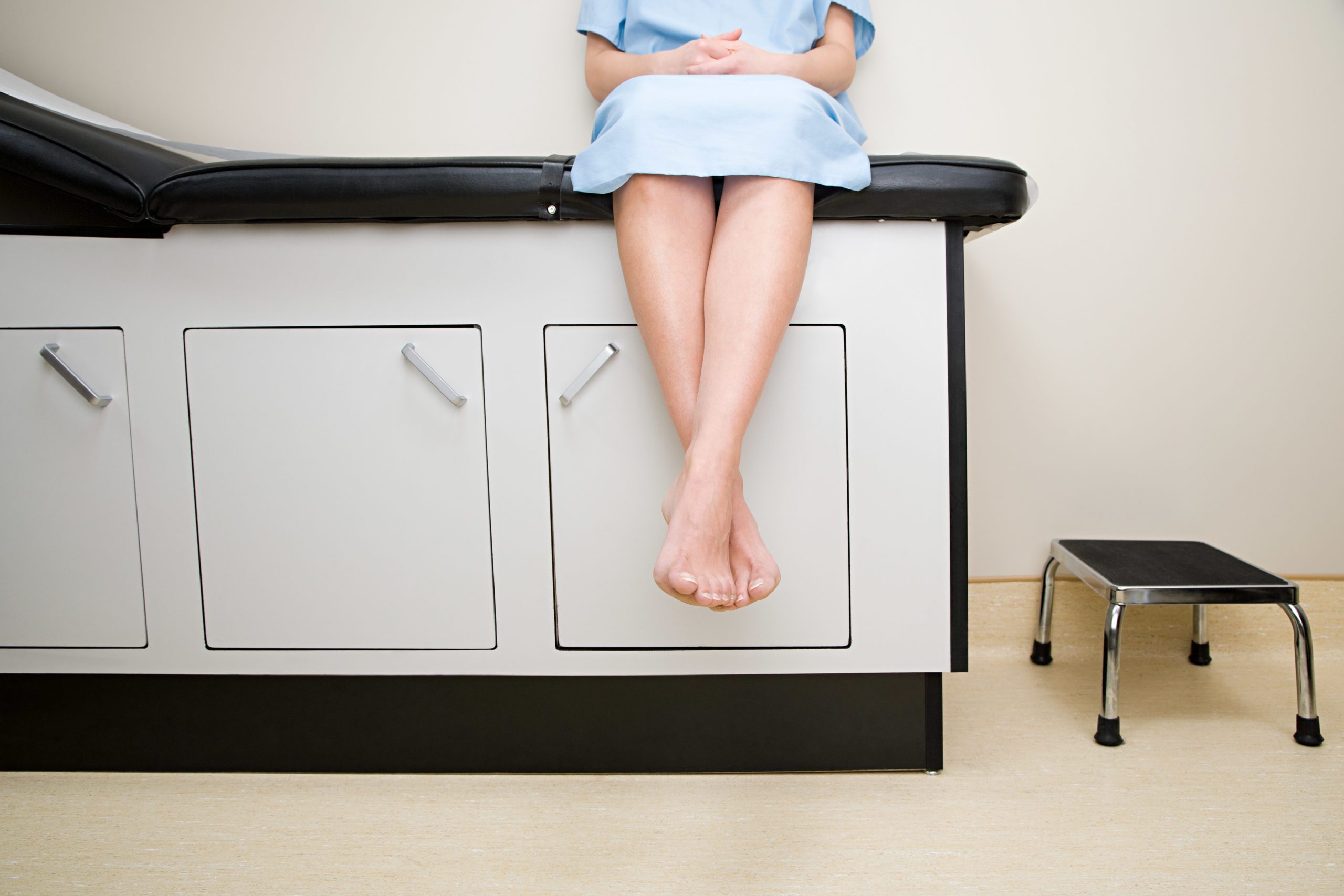Anxiety can rear its head in many ways and one, in particular, may sound quite familiar to most people. This variation manifests itself before important appointments and can be absolutely crippling. Whether it’s waiting for results from a doctor’s test or moments before a job interview; fear of the outcome can lead to extreme physical and emotional distress. For this blog, we wanted to delve into those feelings a little more and offer a few coping mechanisms.
The website Cure Today touched upon this trend, offering some real examples of “Appointment Anxiety.” If you were diagnosed with cancer, for example, that in itself can create a form of Post Traumatic Stress Disorder (aka PTSD). In essence, the shock of hearing those words from your doctor can make you fearful of every medical appointment moving forward. And that is totally justified.
Others who have had uncomfortable situations with MRI’s or PET Scans may experience extreme anxiety if medical tests are recommended. Again, think of it like PTSD within the realm of a hospital or doctor’s office. There is actually a term for this called “scanxiety.”
Obviously, these types of feelings can lead to serious problems. On the one hand, you could be undergoing tremendous stress when thinking about an appointment such as this. Worse though, people may begin avoiding doctors altogether. In that instance, they are denying themselves medical attention and care; which could put their health at serious risk.
One coping skill offered up by the Cure site was to openly discussing these difficult feelings. Whether it is a family member, a trusted friend or a trained counselor, it is important to not let these emotions remain bottled up inside. These types of conversations can help with validation, as you would come to understand how normal appointment anxiety really is.
It can also be helpful to find a relaxing outlet before a scary calendar date. Whether it’s listening to calming music or a helpful audio book, try to find a routine that can ease the jitters.
And it never hurts to have a trusted confidant join you for a stressful appointment (if possible). Having someone there by your side to lean on can be extremely helpful, regardless if the news you receive is good or bad.
These are all considerations that can hopefully reduce the nerves people in these situations may be experiencing. Of course, getting in touch with one of our anxiety specialists can also be a very positive step. Never forget, our door is always open.




